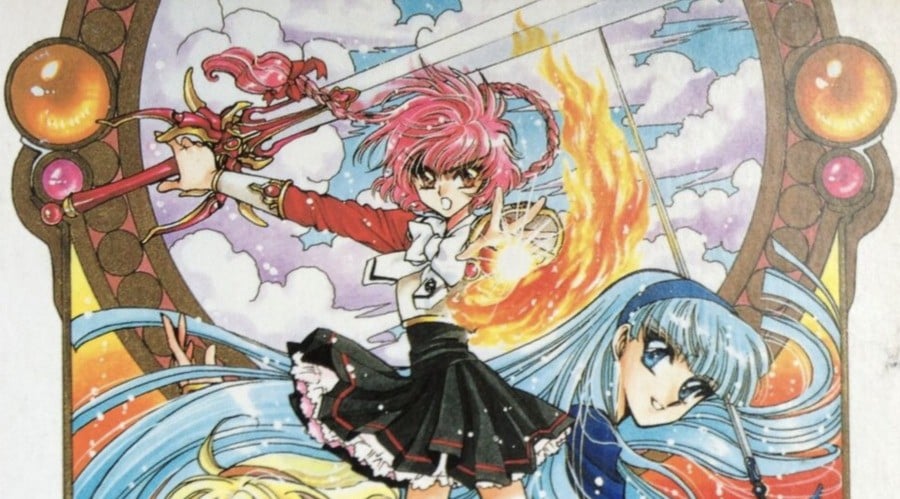
The world of Japanese video game development has never been an easy one, but during the '80s and '90s it was especially harsh, at least for the staff of certain studios.
As documented in Time Extension contributor John Szczepaniak's peerless 'Untold History' series of books, staff were often underpaid, overworked and uncredited – and cases of physical abuse were even documented.
Yasushi Yamaguchi – former Sega artist and creator of Sonic sidekick Miles "Tails" Prower – has opened up about his experiences of working for the Japanese video game giant, and it doesn't make for pretty reading.
As spotted by Grandis_Granva on social media, Yamaguchi – who is also credited under the name Judy Totoya – opens up about how working on the Sega Saturn JRPG Magic Knight Rayearth:
"The final stages of Rayearth's development for Saturn were truly a hellish rush, and I thought I was going to die. I lived under the company desk for over six months, and I thought if I stayed at SEGA any longer, l'd die soon, so I quit the company after Rayearth's development."
Another former Sega staffer who also worked on the game goes into a little more detail about the shady shenanigans which took place at Sega during this time.
"In Japan, feeling that RPGs had to be strong to succeed, Hayao Nakayama spearheaded the creation of the RPG Production Room (later the RPG Production Department). But for some reason, the head honchos were dead set on making us churn out half-baked "slapdash licensed games" in an absurdly short time frame. Even though we had six months, they'd often lose their minds, raging, "Why isn't it done yet?!"
[Mamoru Shigeta], who arbitrarily got his mistress hired as an office & accounting staff attached to the RPG Production Room, turned out to be someone completely incapable of doing the job. The full-time office staff, now burdened with the workload of two people, went on a rampage at the end of the month. The one tasked with calming things down was me, who kept causing trouble by constantly being late. It was lucky that the illegal contracts and numerous embezzlements came to light before the shareholders' meeting, and they fled."
It's rare for Japanese staff to speak about their former employers in such a negative light, which is what makes these revelations so interesting.
